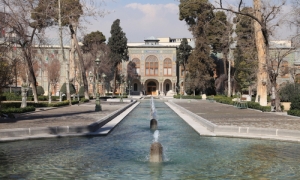Fashion Law is a comparative guide providing answers and insight into the law around the business of fashion in 20 jurisdictions around the world, with guidance on areas such as the effective legal protection of brands, the rules around e-commerce and marketing and how to navigate sustainability guidelines....
| 4mos
| 4mos
Fashion Law is a comparative guide providing answers and insight into the law around the business of...





